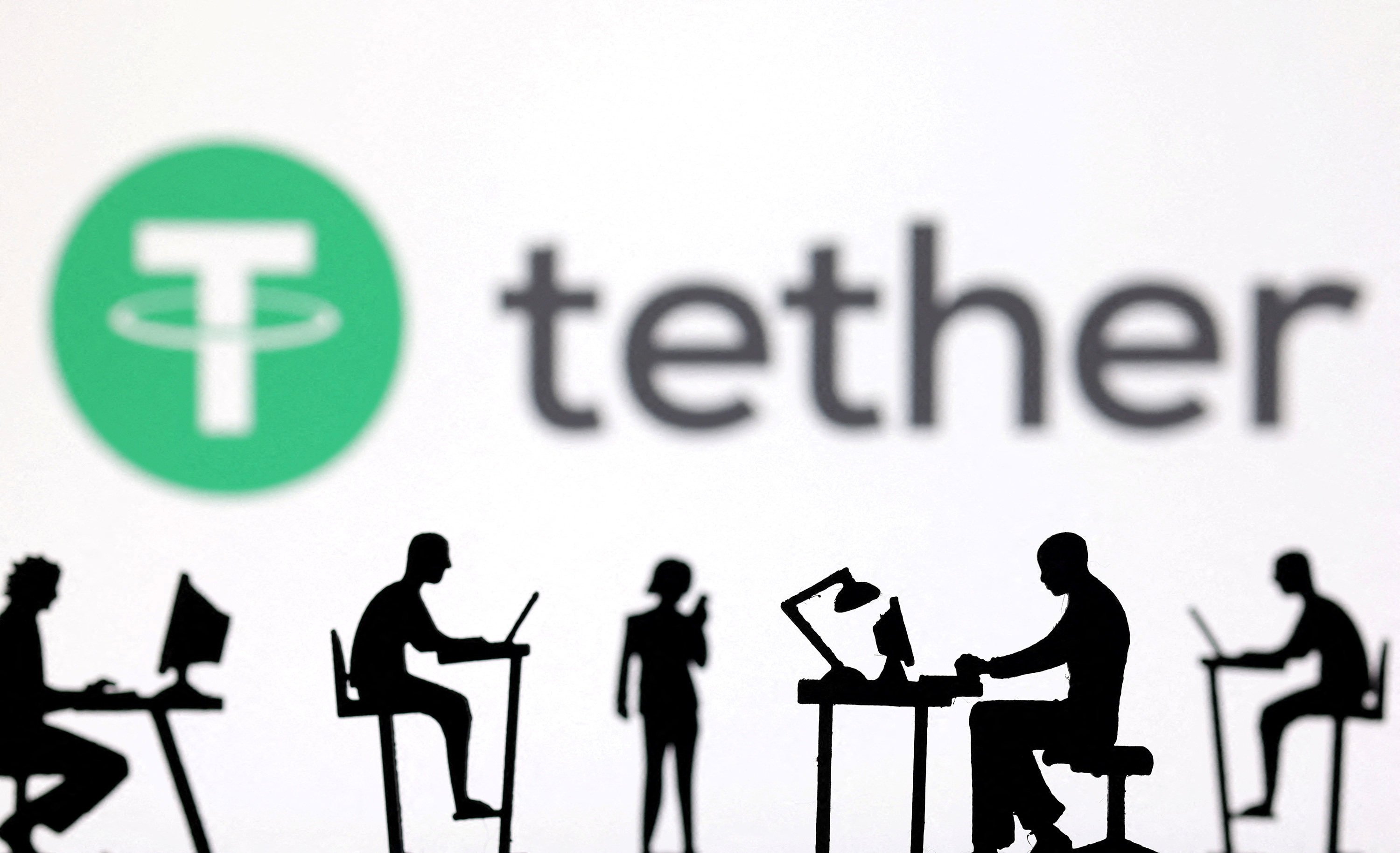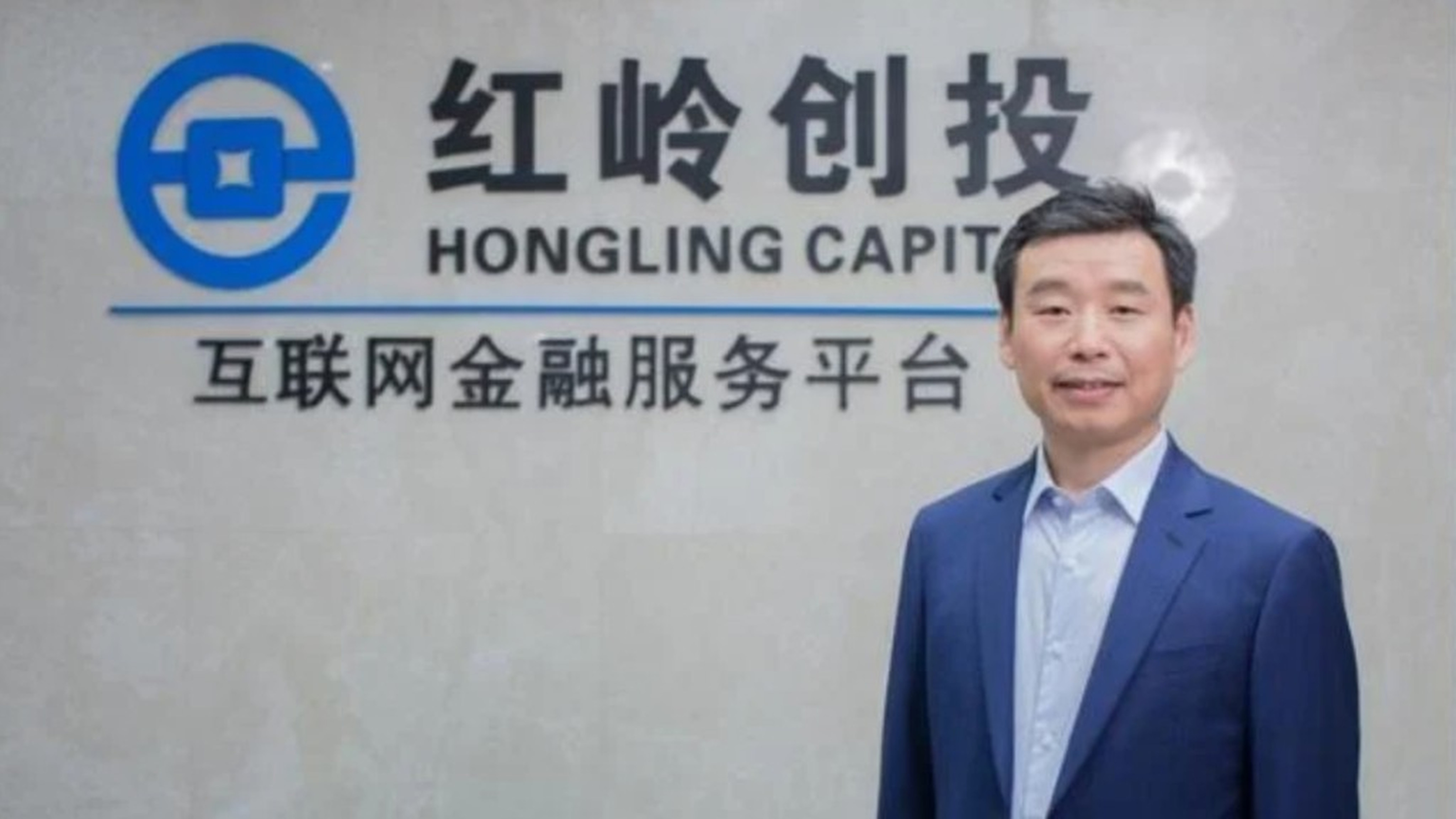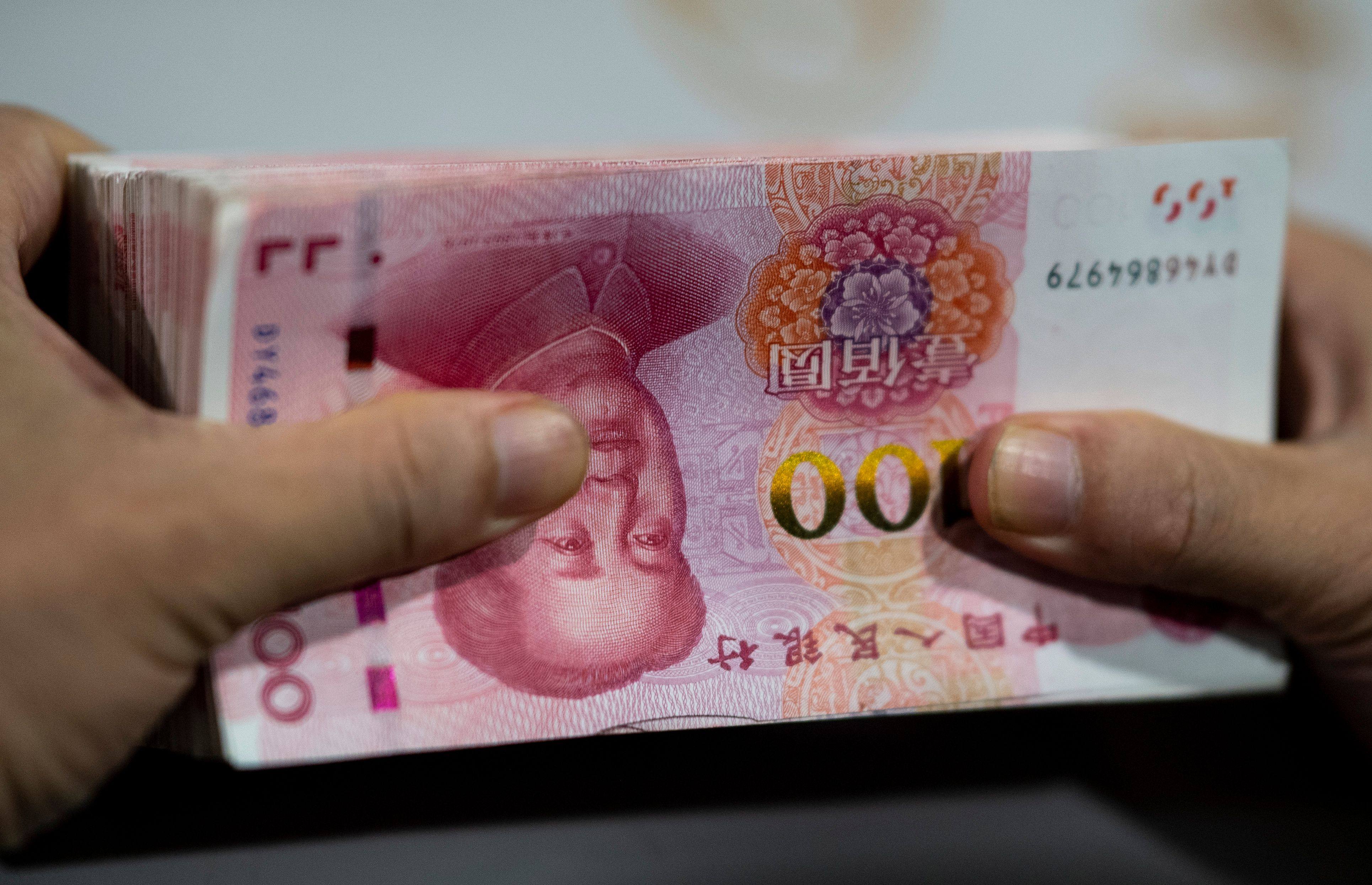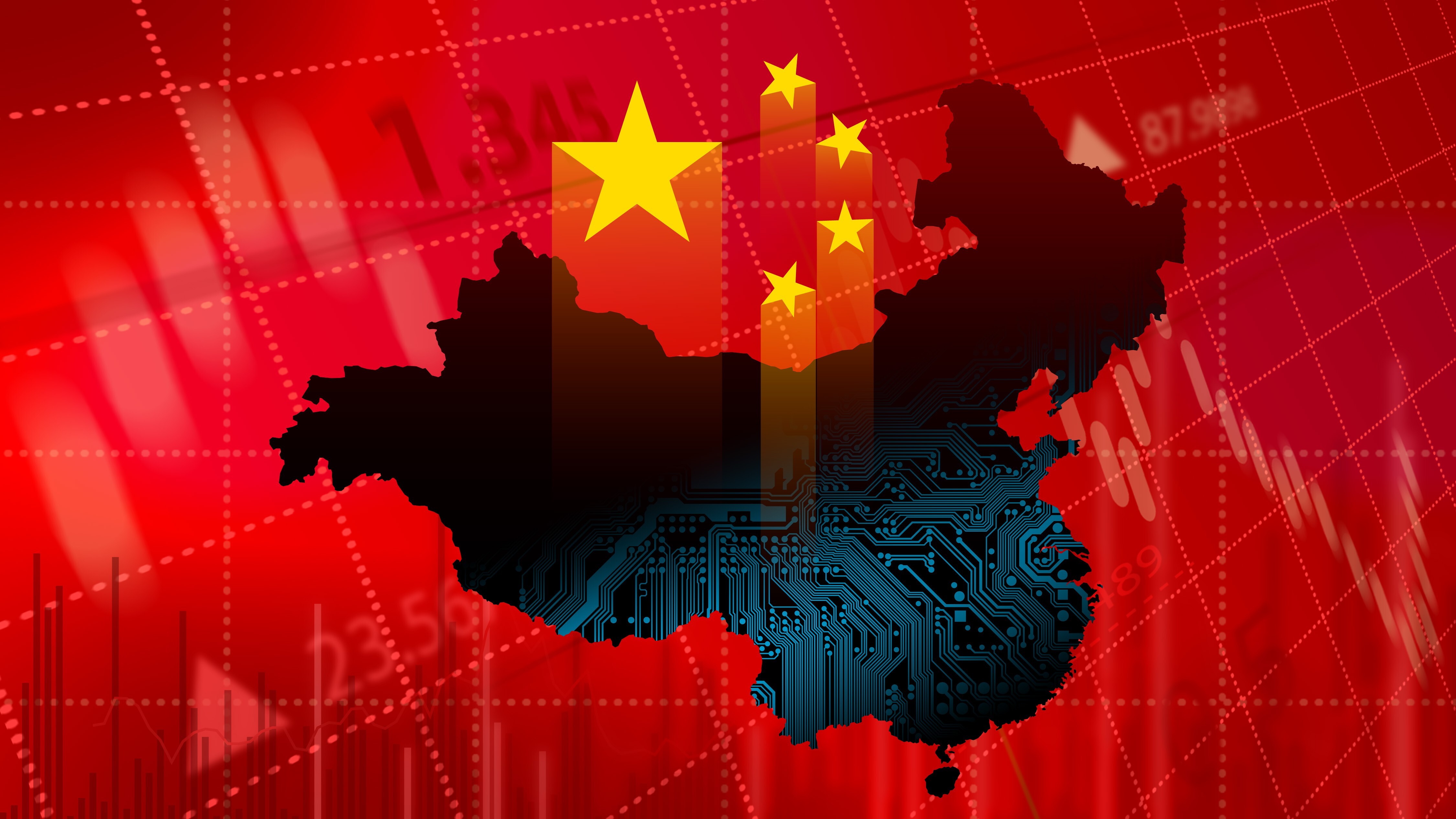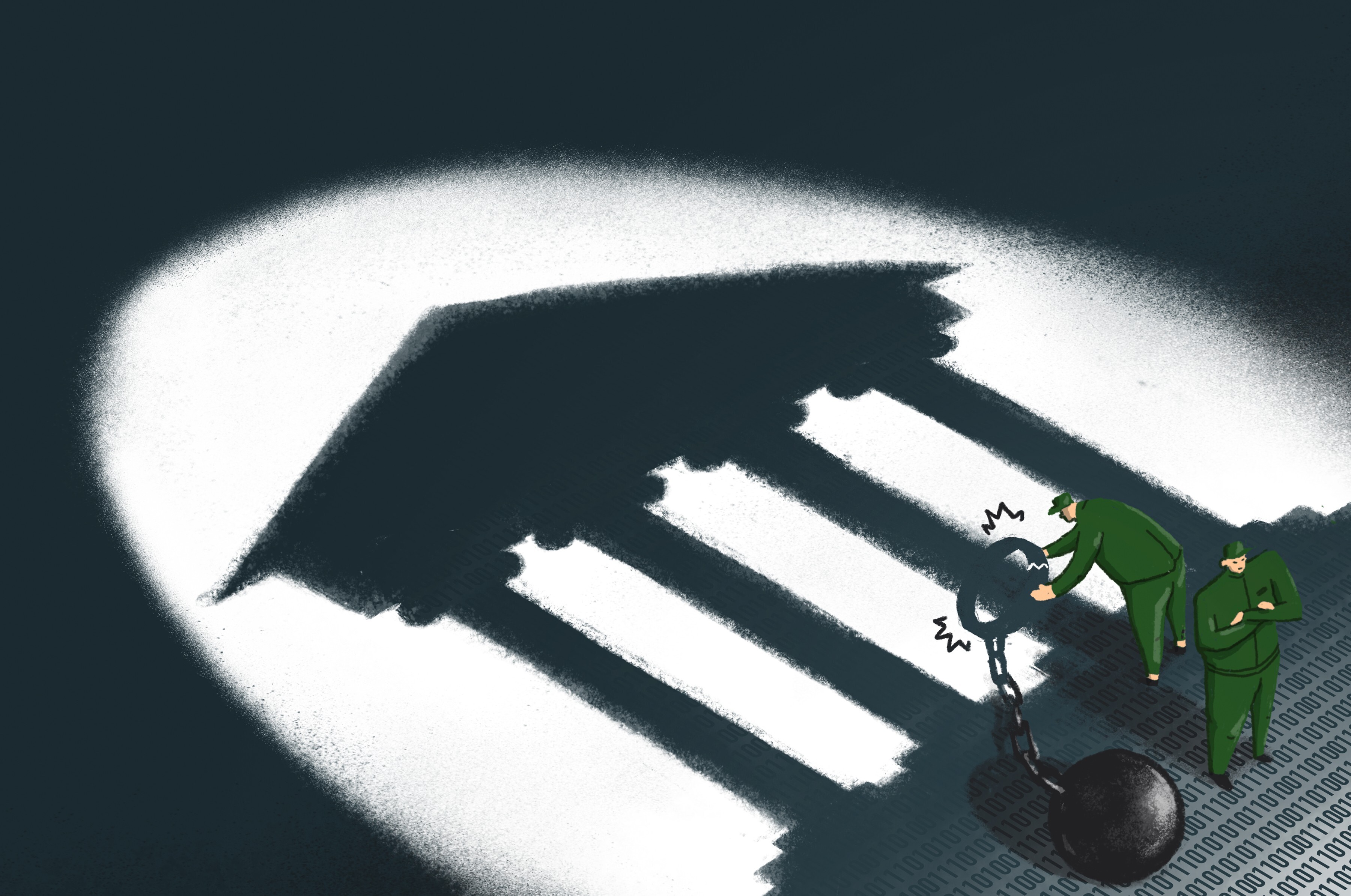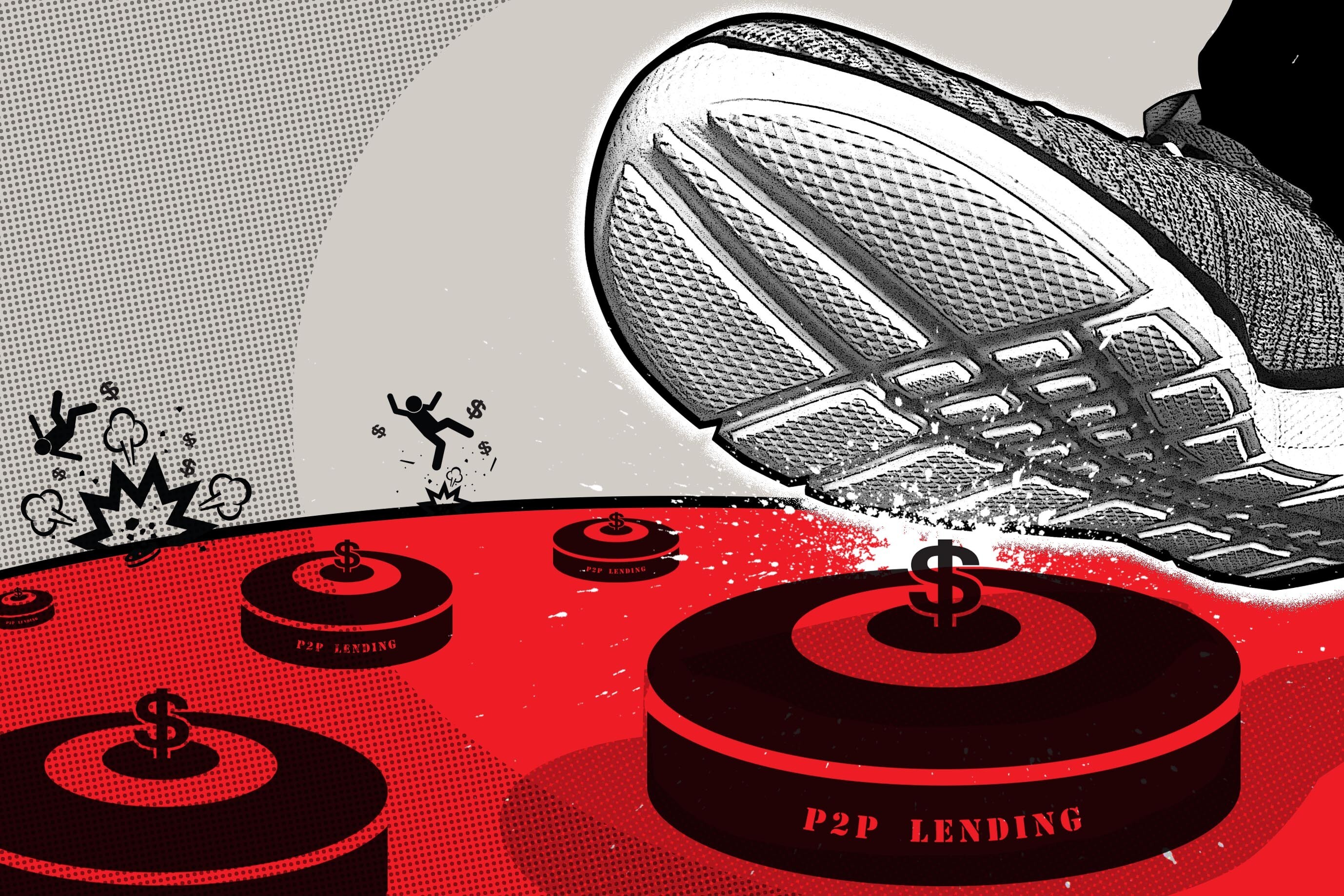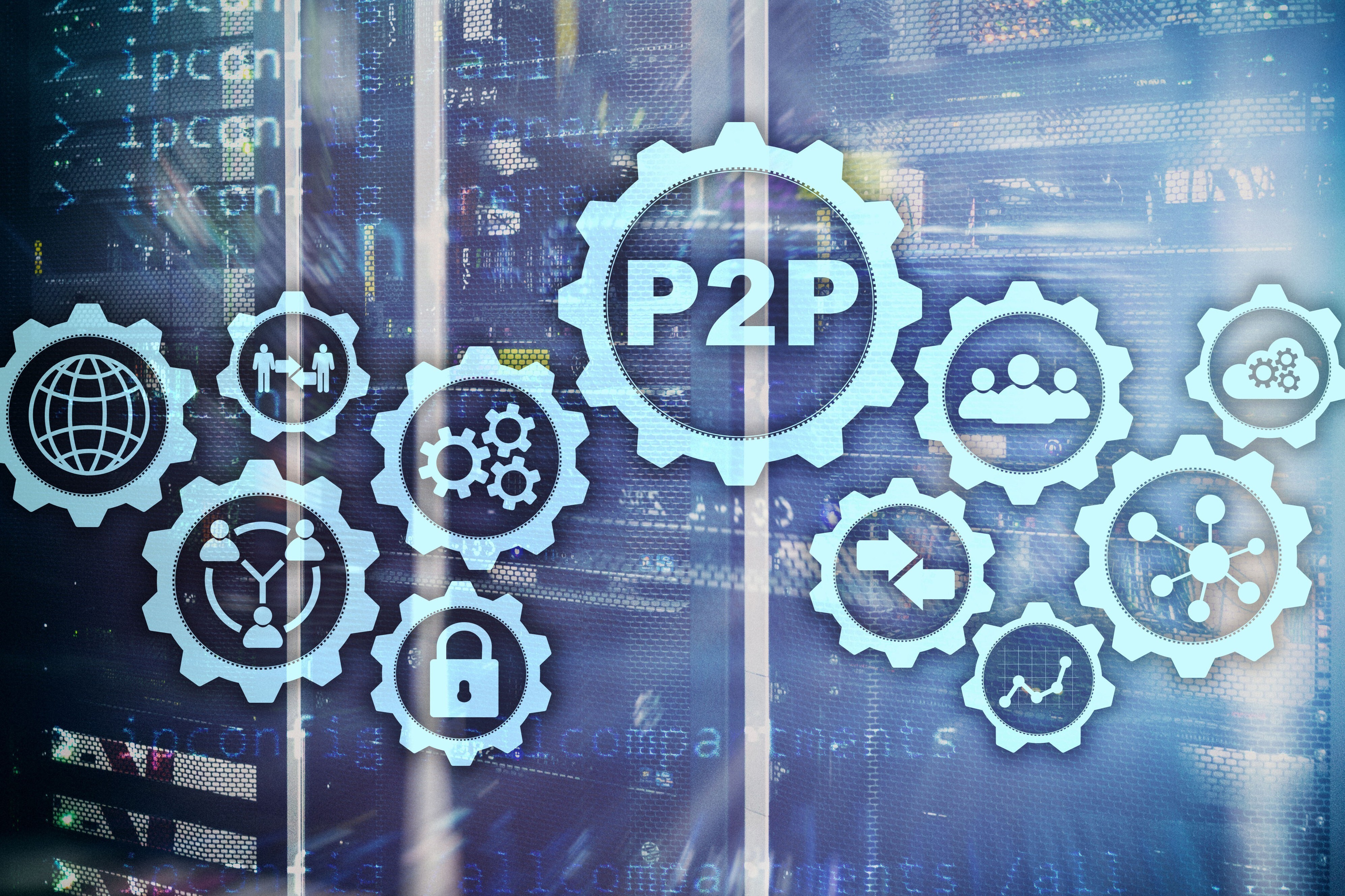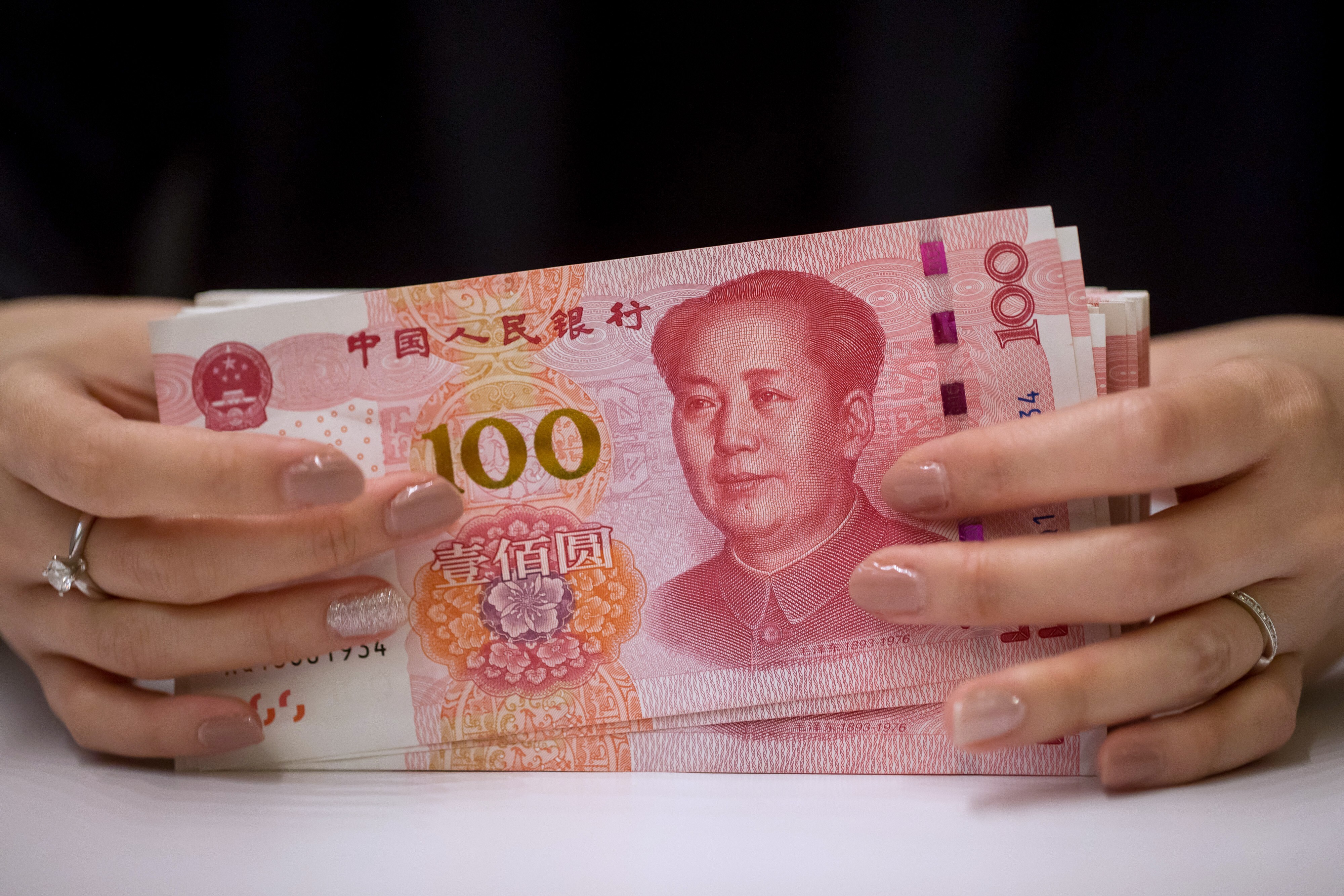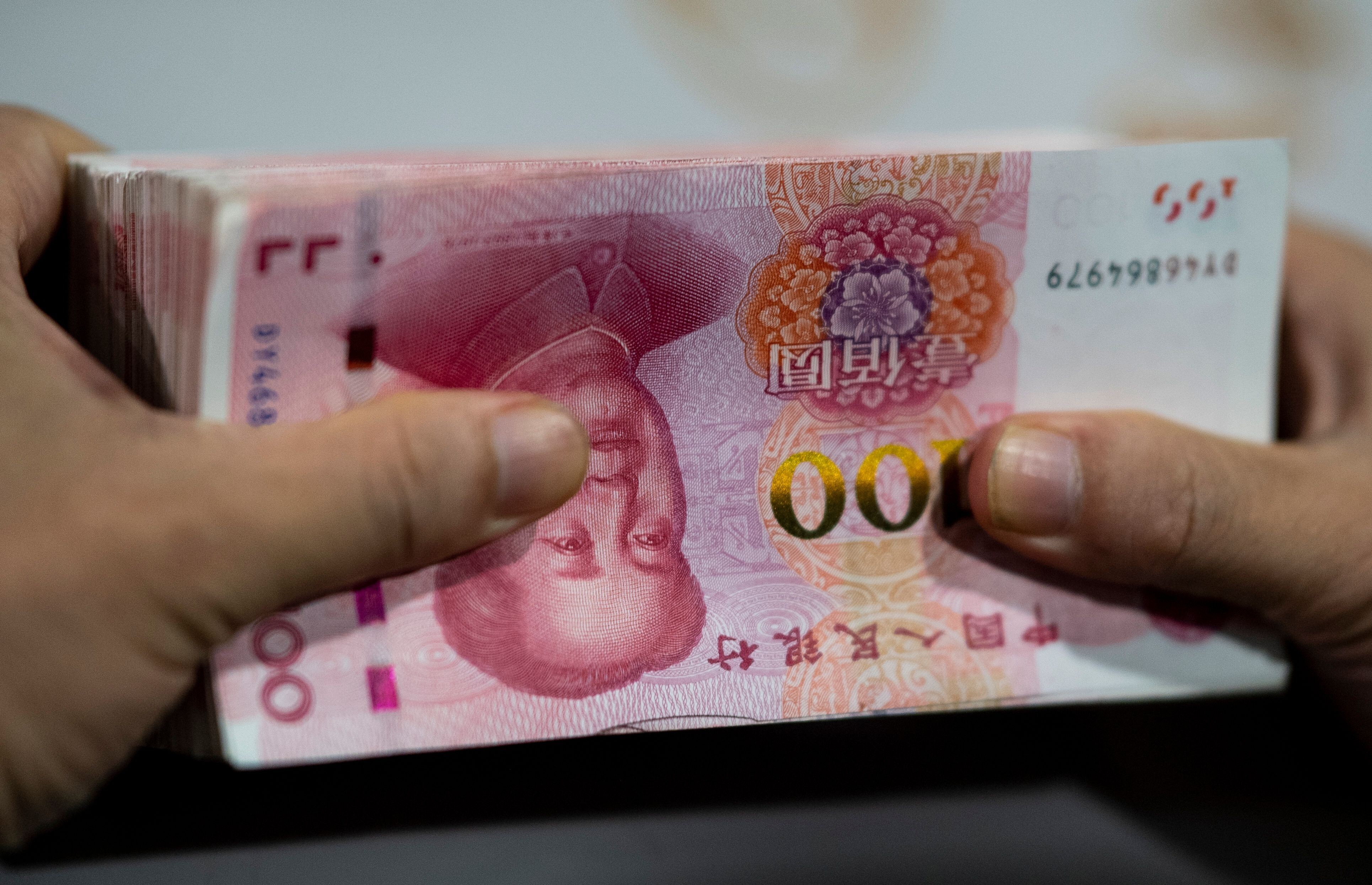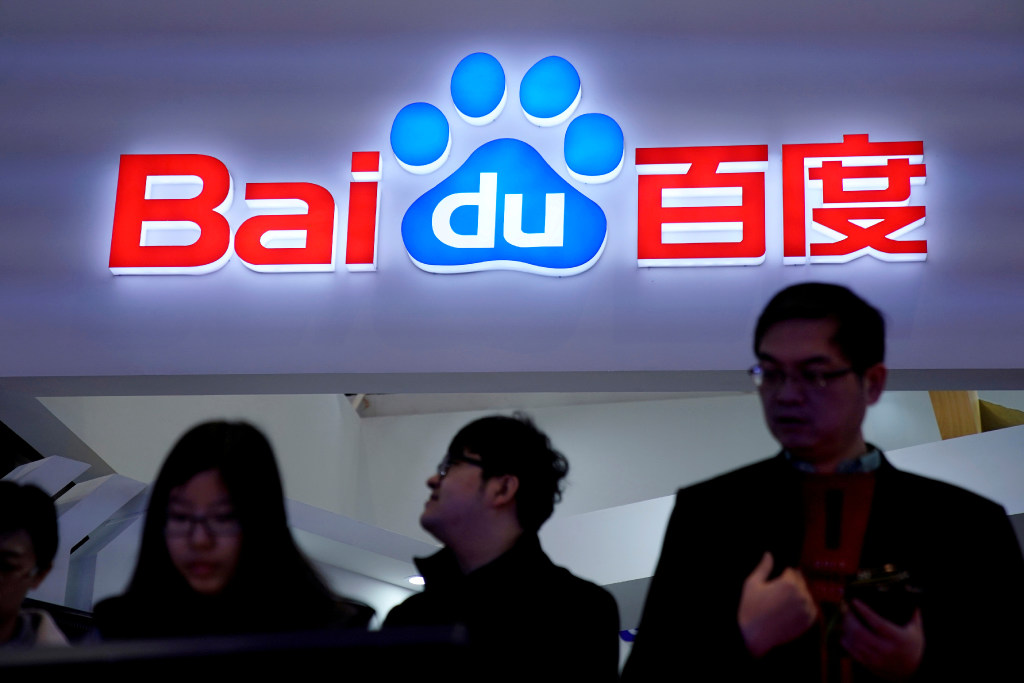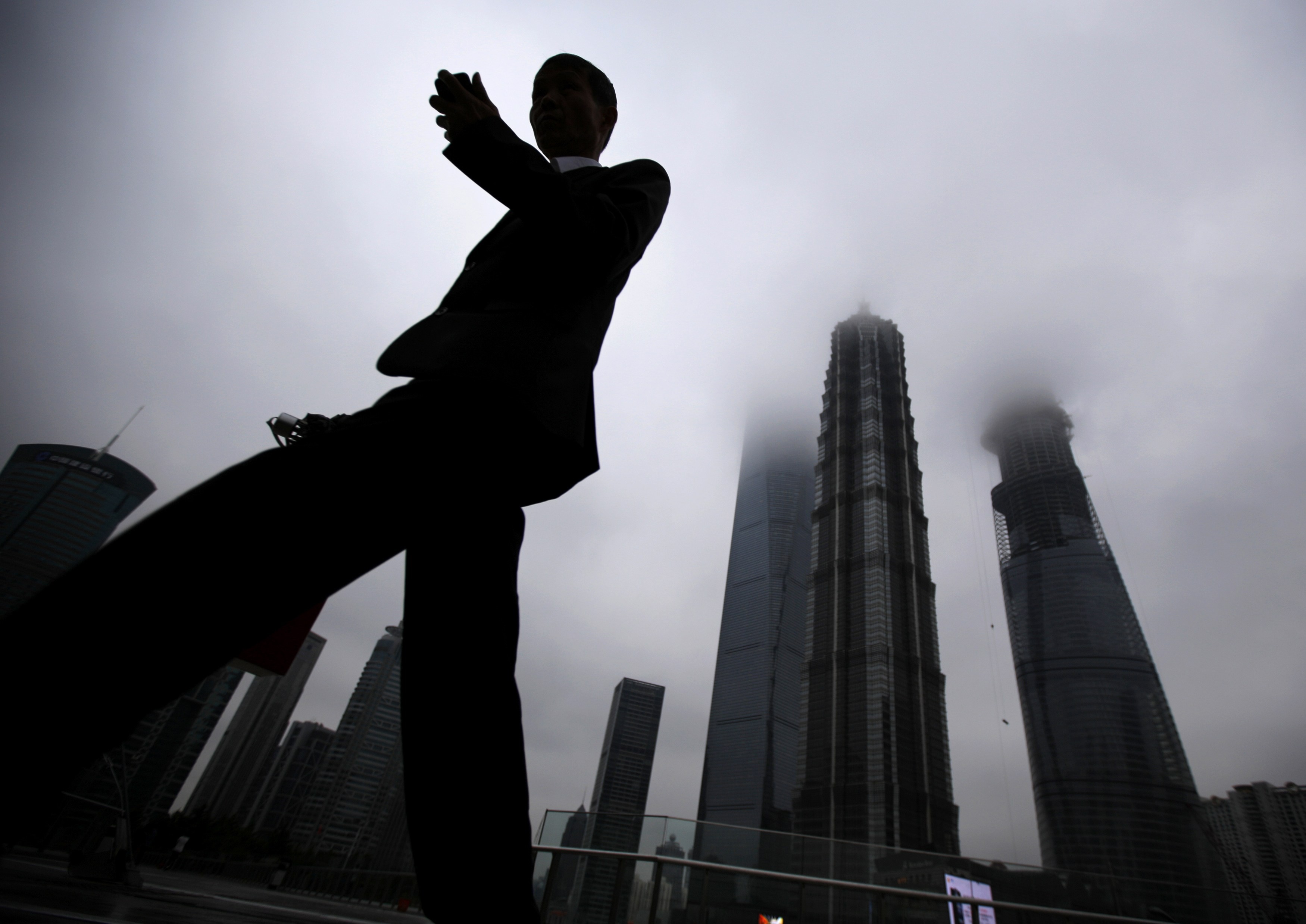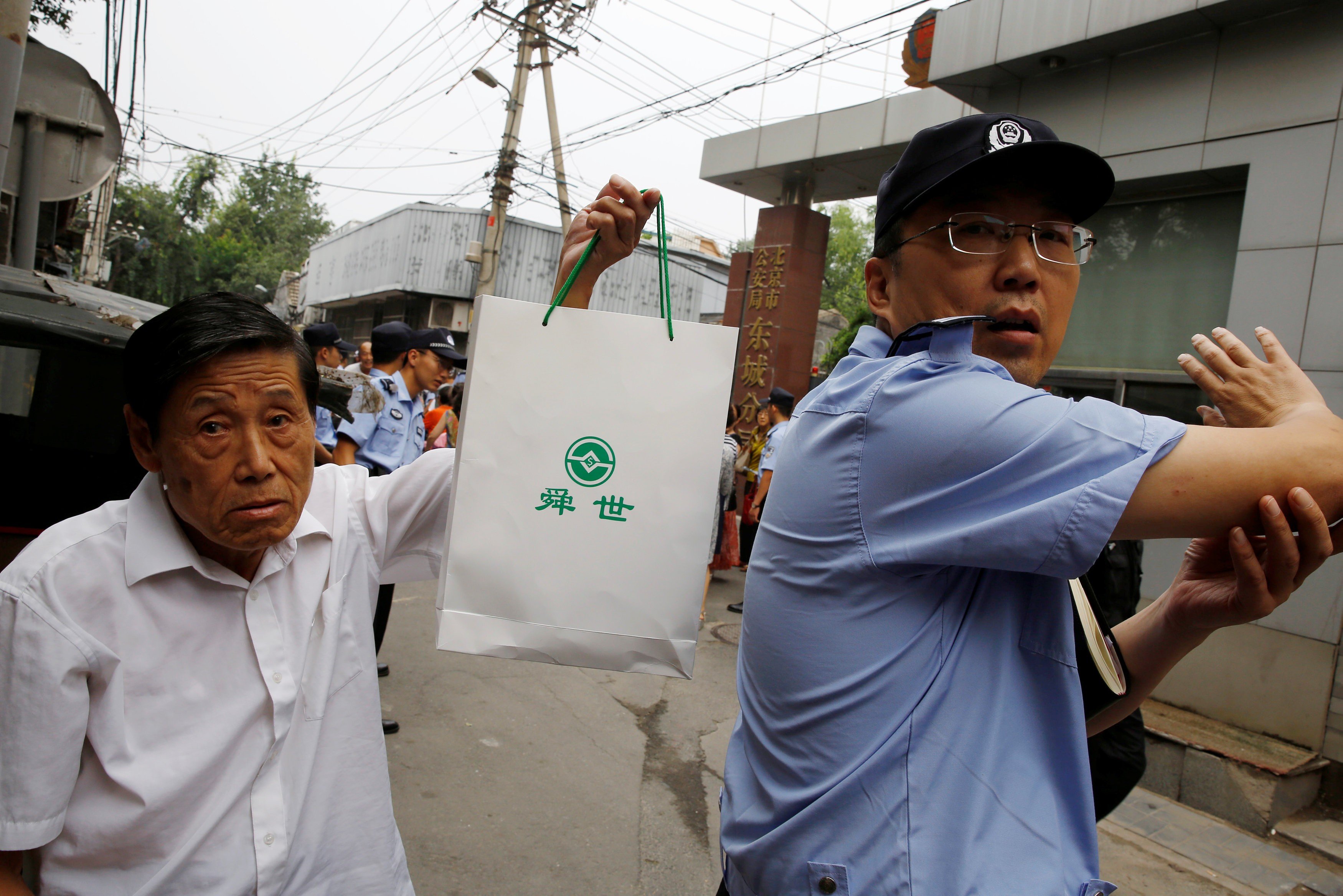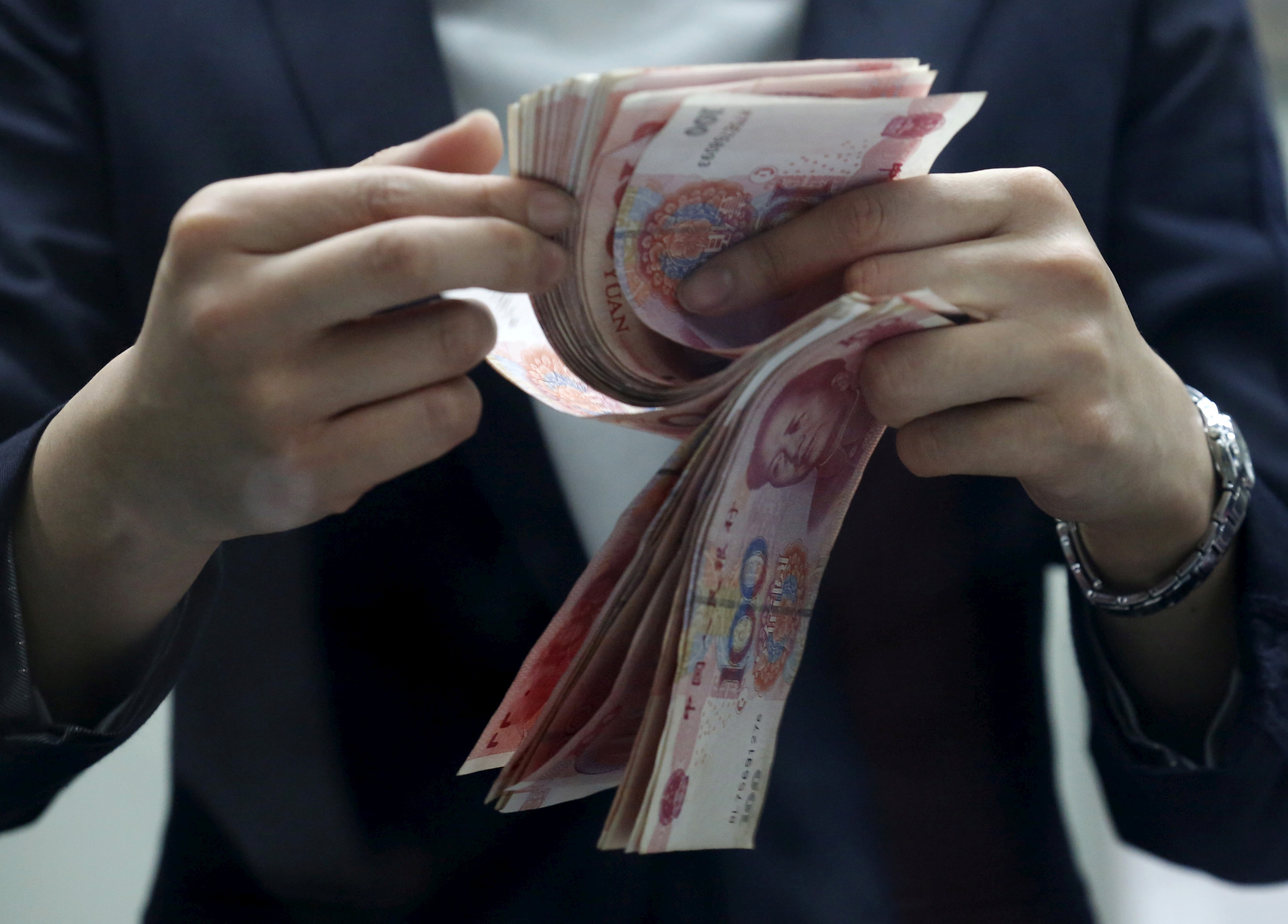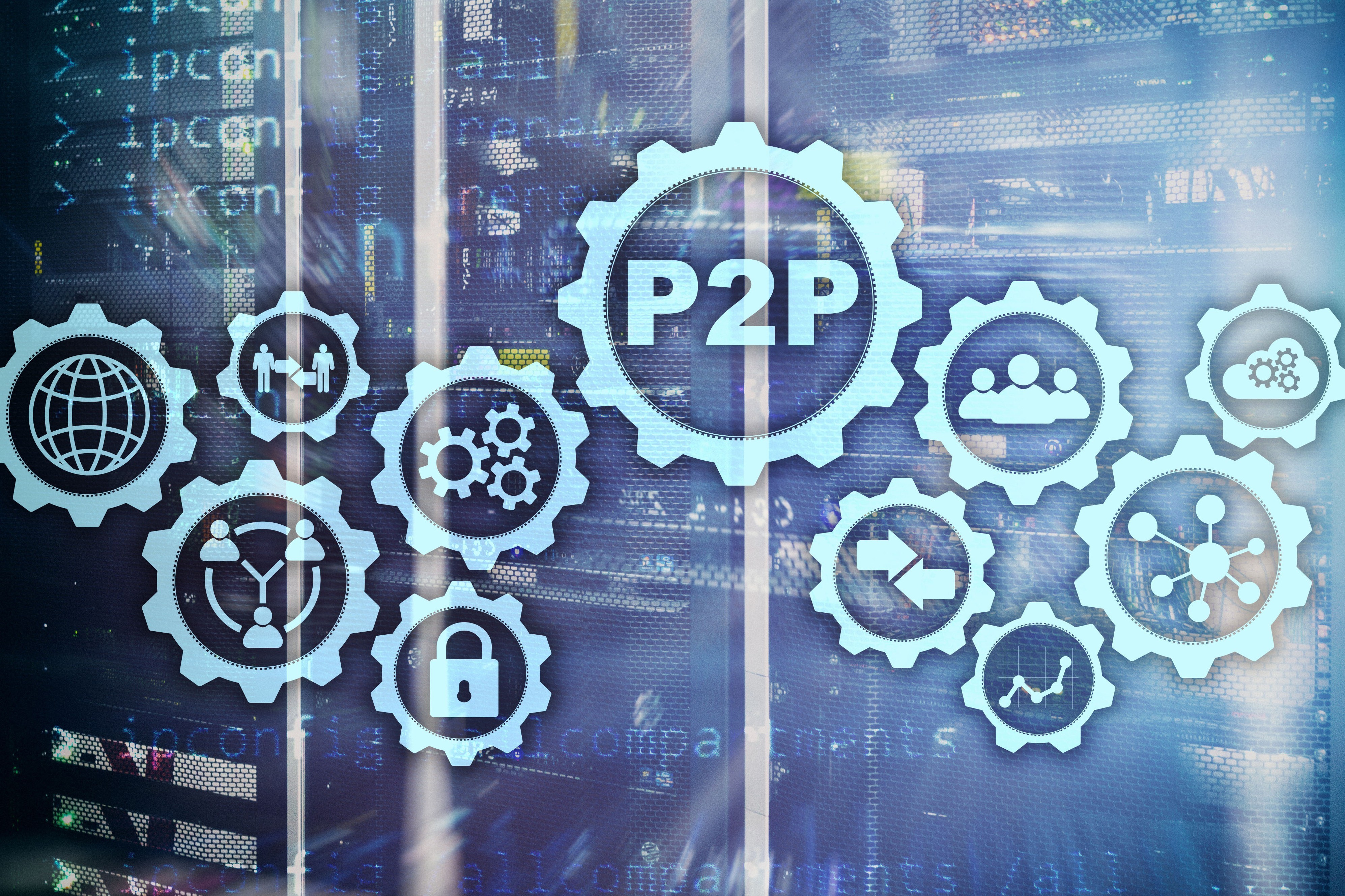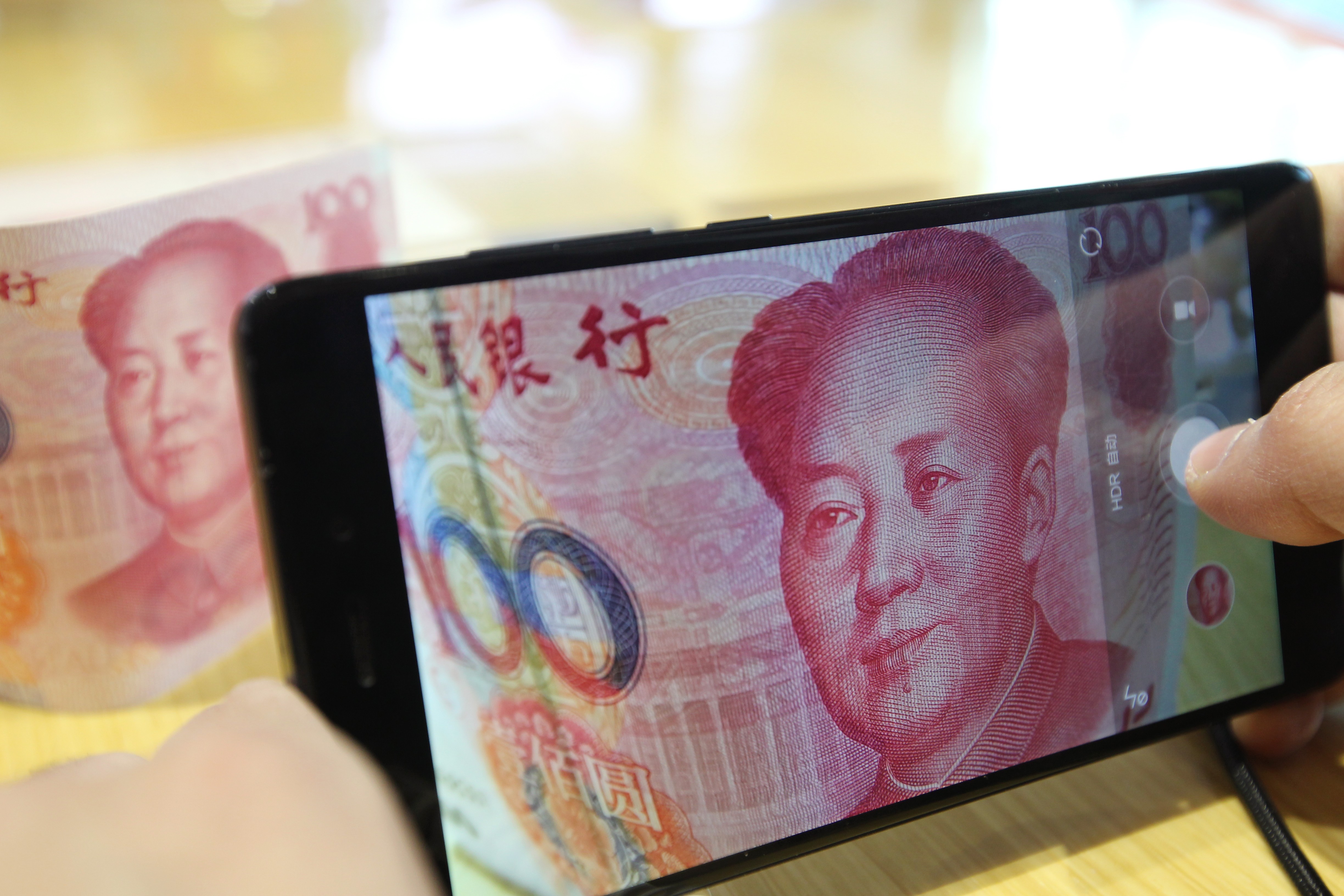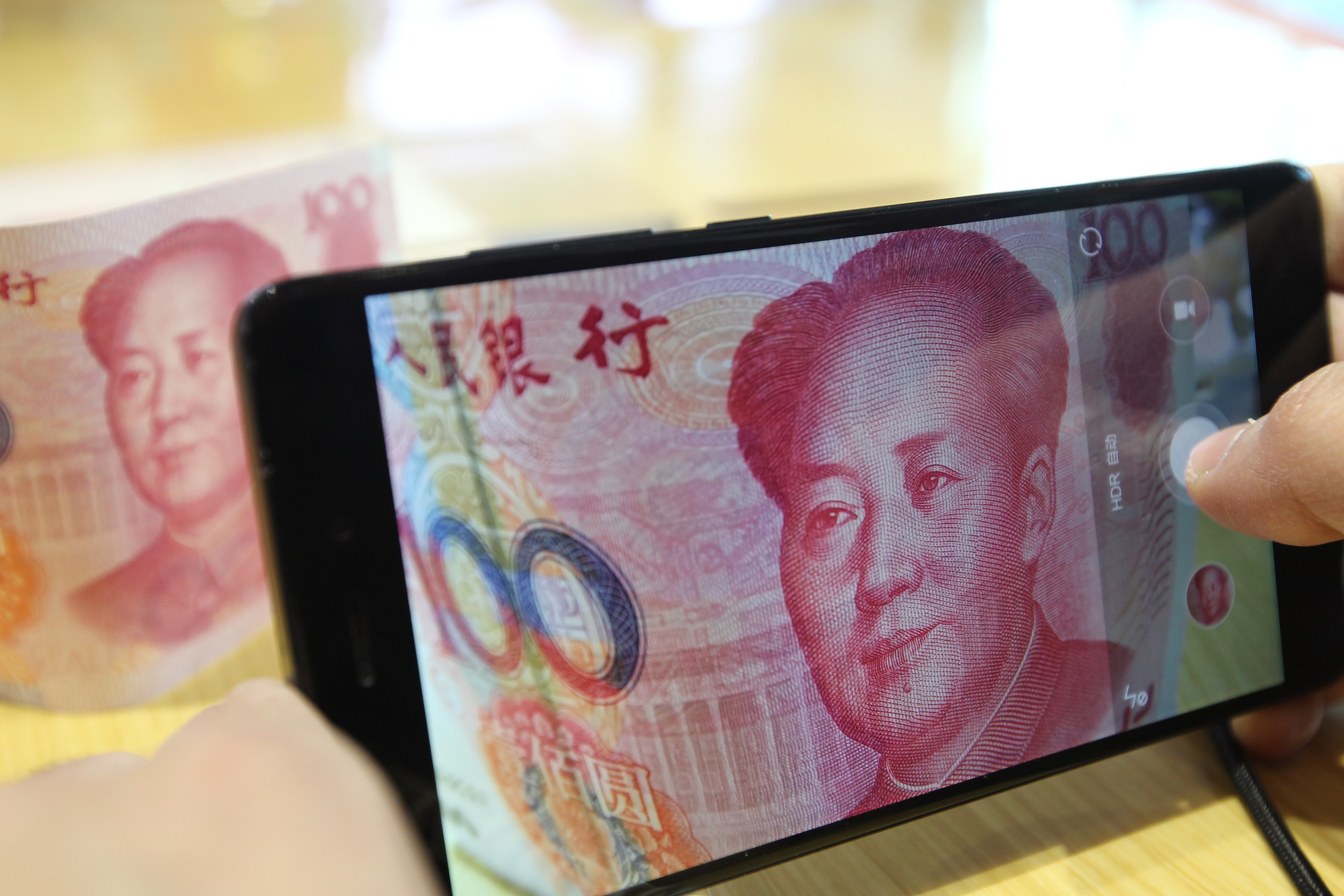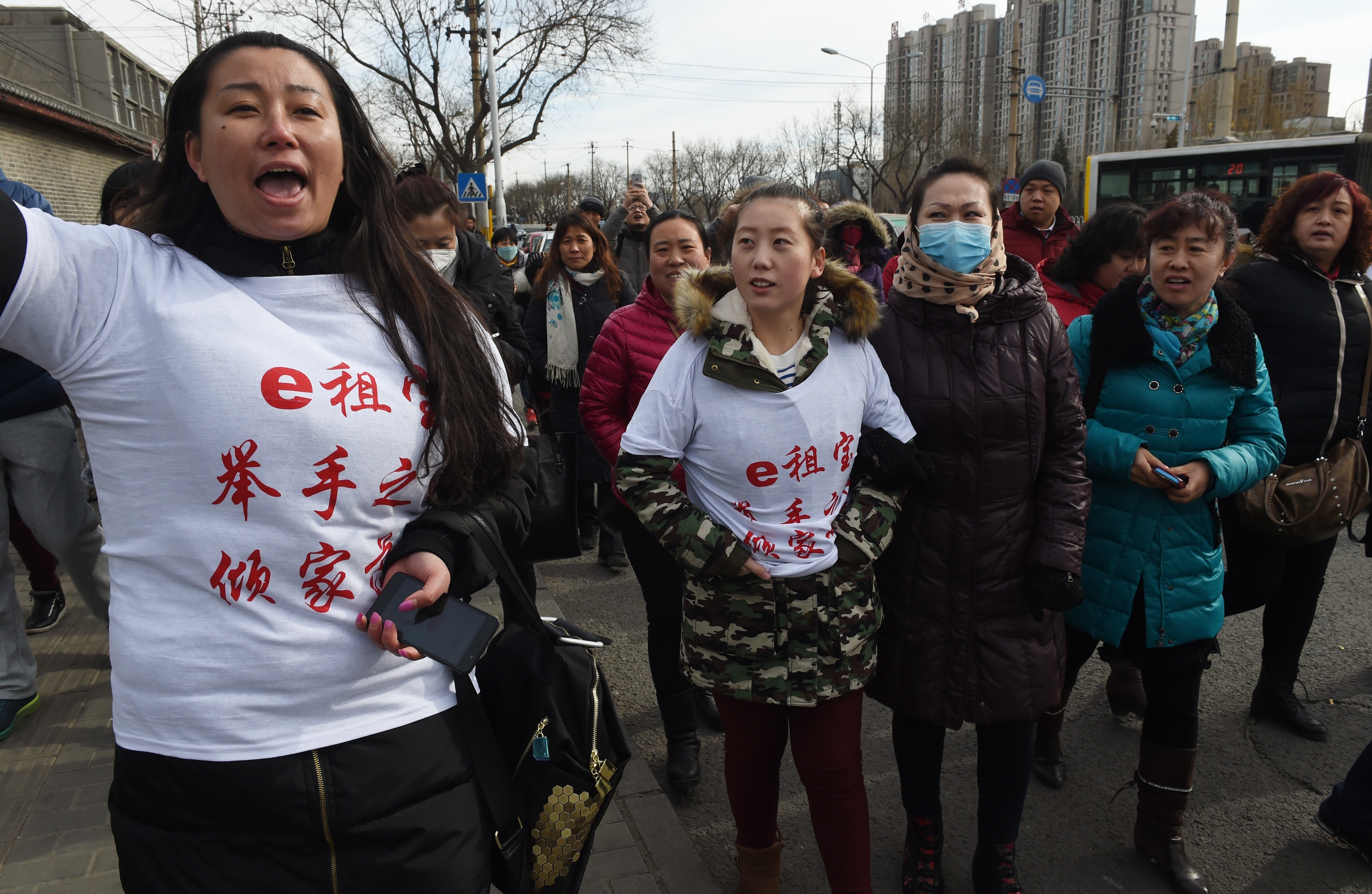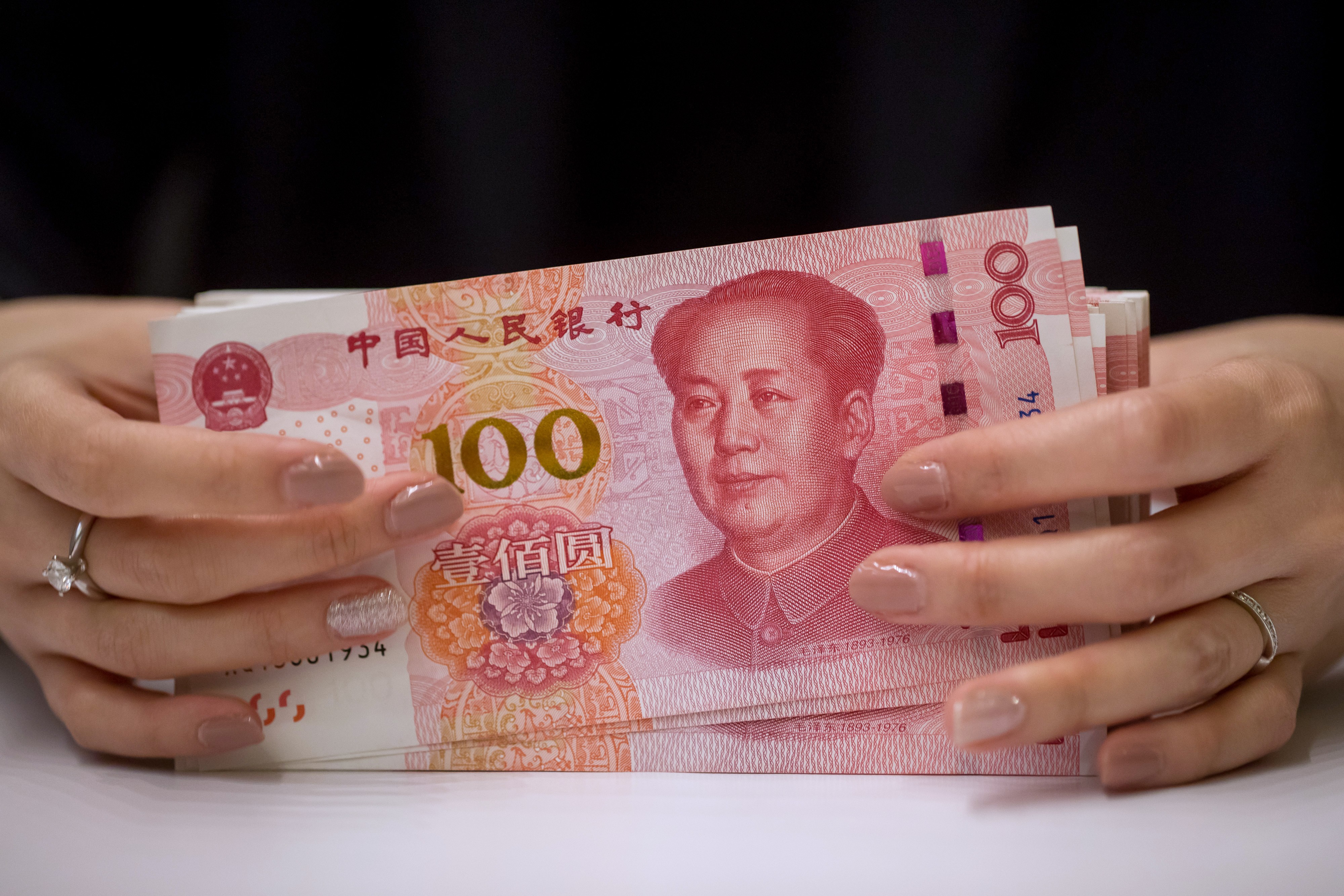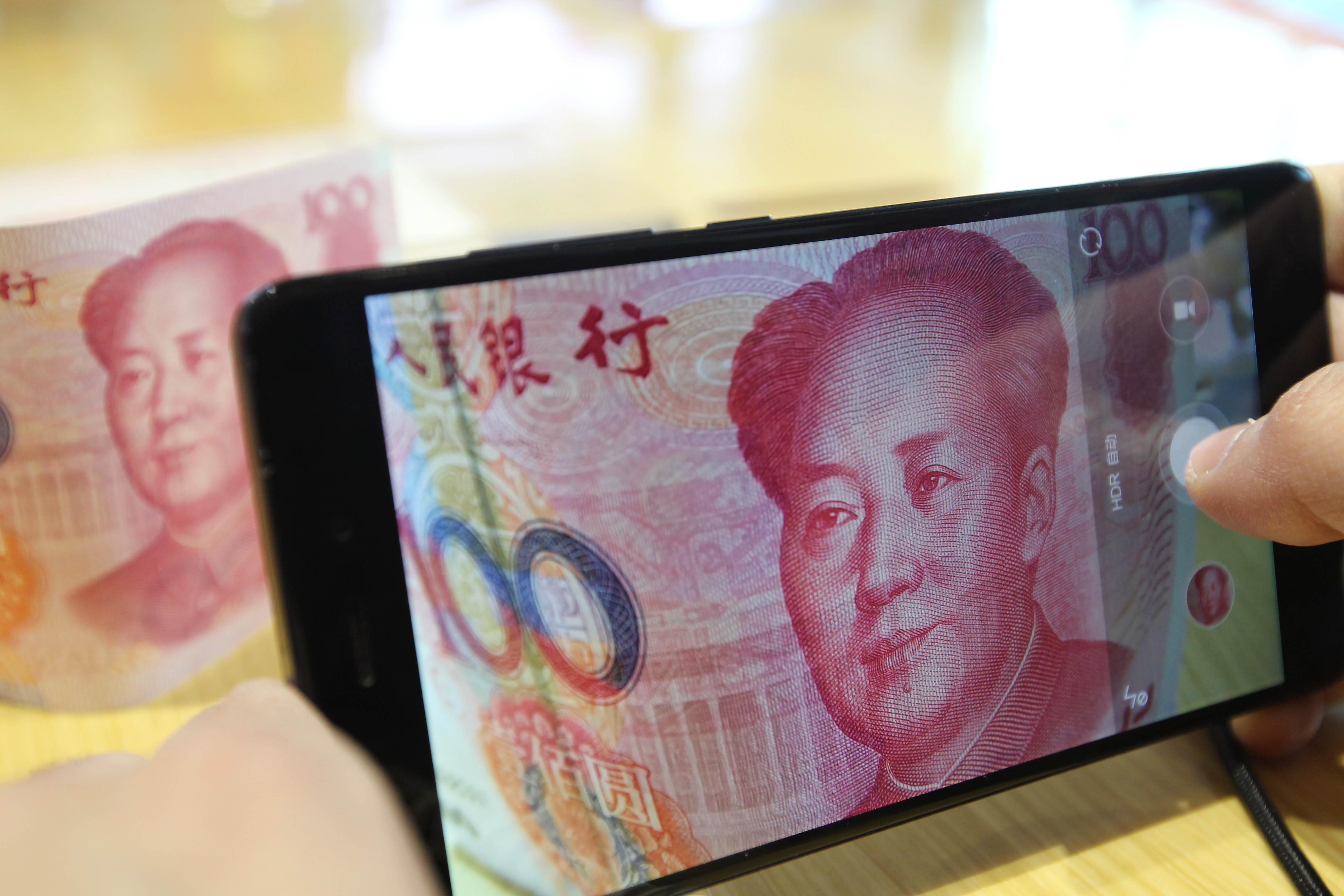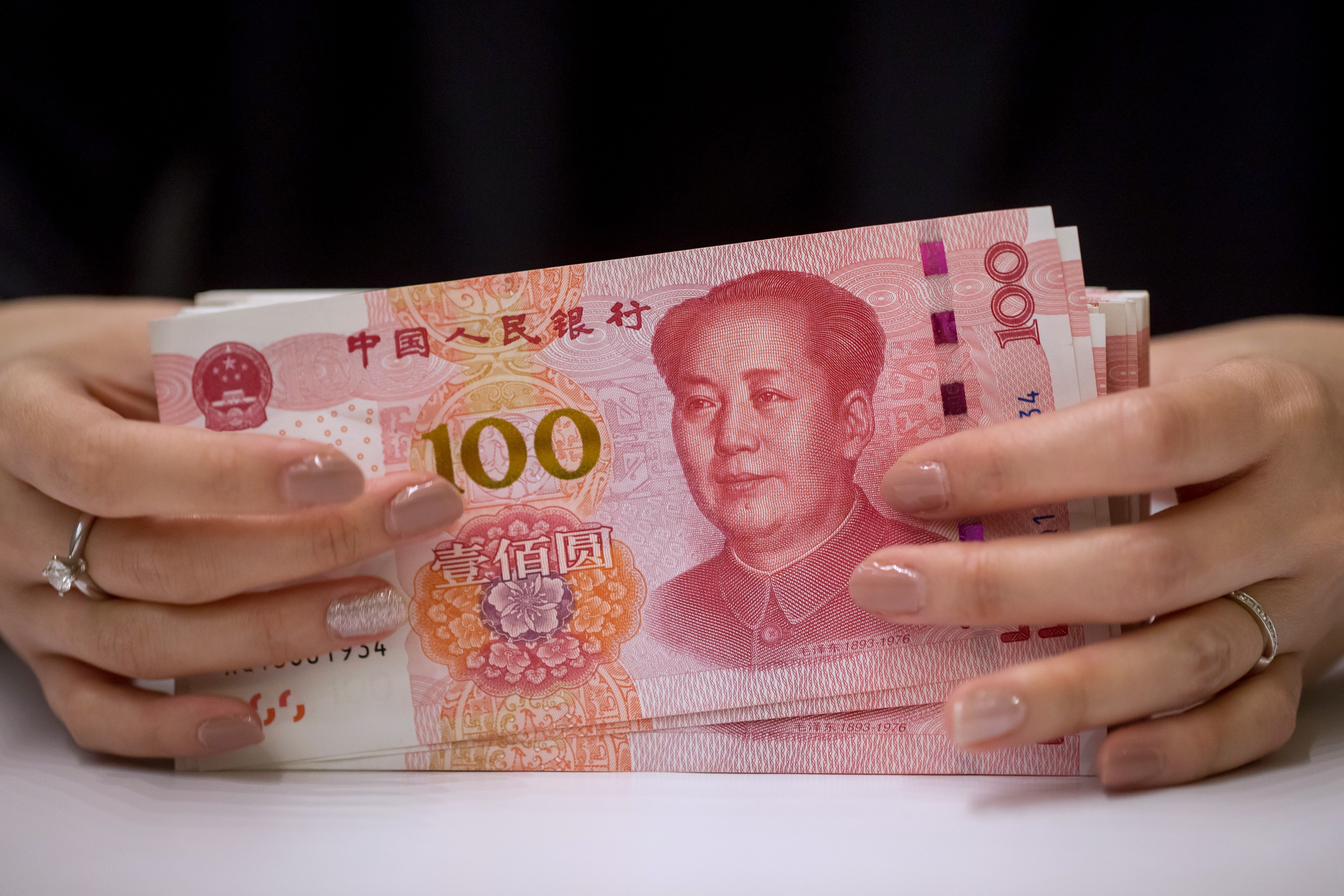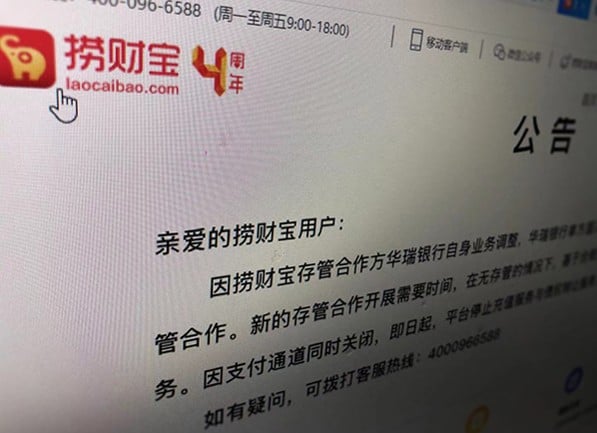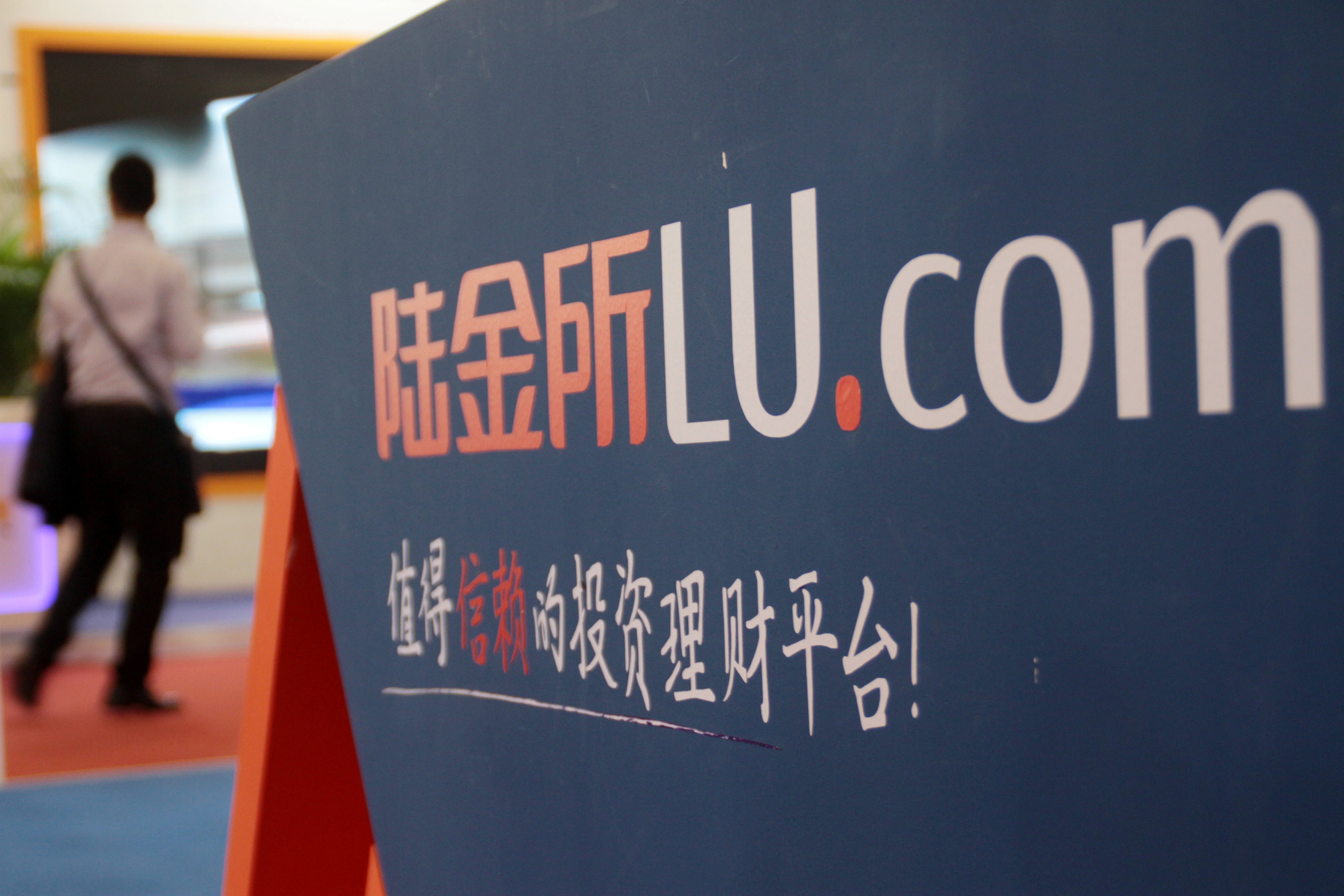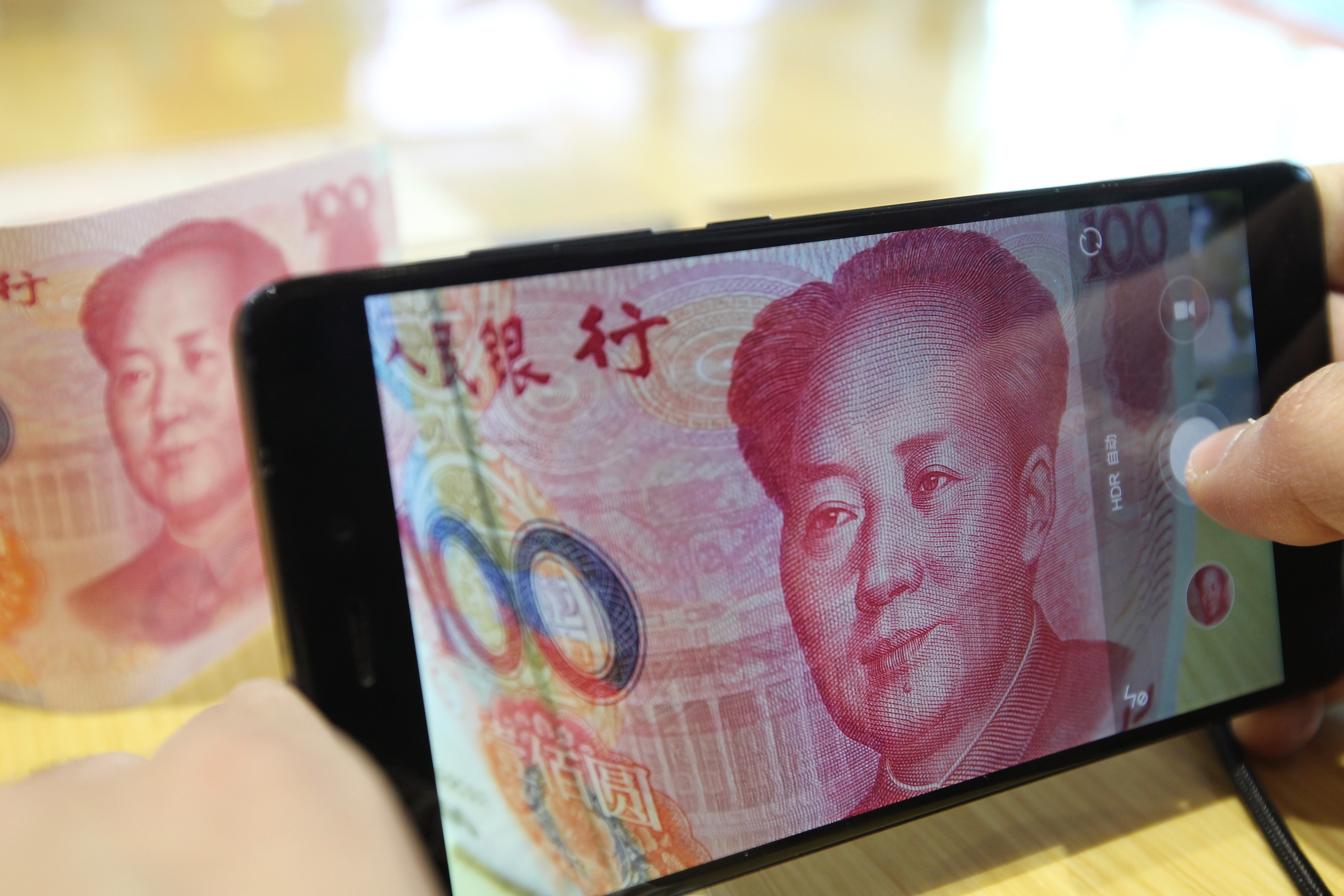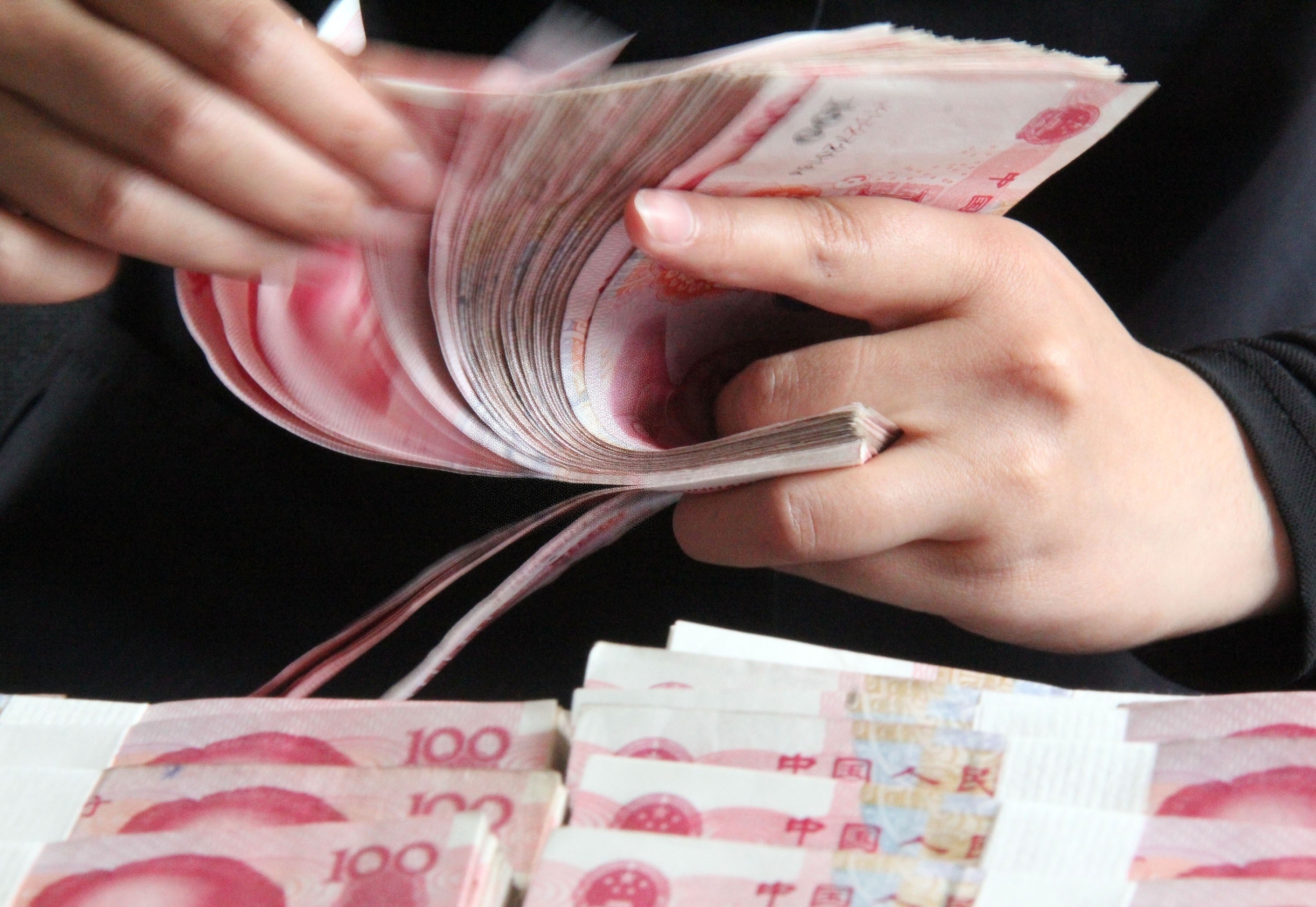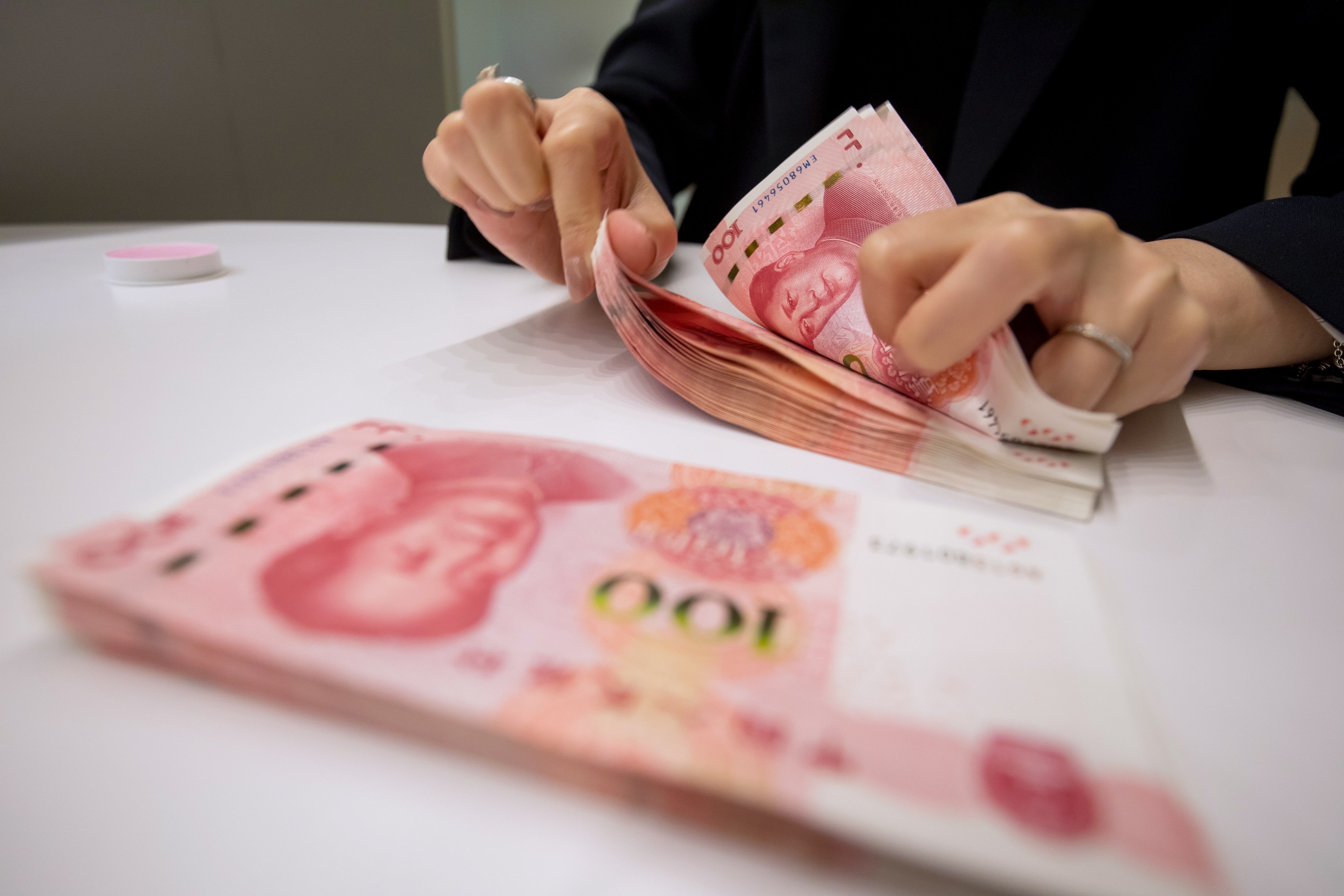Topic

- Tether CEO Paolo Ardoino’s new venture Holepunch has launched a peer-to-peer messaging app called Keet to aid the mission of ‘financial freedom’
- With US$6 billion in profit in 2023, Tether does not need more money and can focus on ‘tools that are ready for the apocalypse’, he says
Zhou also faces deprivation of political rights for committing fundraising fraud and illegally taking savings from the general public.
The court decision came three years after Tang was arrested on charges of designing fake investment products and disturbing the financial order.
Economic uncertainties and diminishing GDP growth also prompt high-level warnings on financial risks, while Beijing is considering various tools and channels to help struggling private businesses.
The detention of the executive is part of a broader crackdown by Chinese regulators on the peer-to-peer lending industry, where regulators had whittled more than 6,000 operators to fewer than three dozens.
New fintech rules on online micro lending could force China’s internet giants to rethink their business practices on co-lending, analysts said.
Scores of Chinese citizens suffered losses due to the collapse of peer-to-peer (P2P) lending schemes, with around 800 billion yuan (US$119 billion) still owed.
With only 29 of the more than 6,000 peer-to-peer lenders remaining, China’s banking regulator plans to ease up on the crackdown by the year-end.
Hangzhou’s public security bureau said they will be taking action to prevent losses at Weidai (Hangzhou) and recover stolen funds.
In India there are nearly 500 online lending start-ups, and roughly 160 in Indonesia, many backed by Chinese money.
The Chinese search giant says its cloud service employs peer-to-peer delivery to speed up downloads
Policymakers now have added impetus to clean up the bad debt of China’s P2P sector, as the outbreak of the deadly coronavirus threatens to further depress economic growth.
The internet-based lending industry faces ‘further industry contraction’ amid increased regulatory and capital requirements in 2020, analysts say.
The collapse of China’s peer-to-peer platforms, once touted as a model to reshape the nation’s financial landscape, has left millions of victims in financial ruin and despair. A 71-year-old retiree tells her story.
Hebei becomes the second province to shut down peer-to-peer lenders after Hunan, underlining the latest effort by regulators to clean up the industry rife with fraud and mismanagement.
China’s peer-to-peer (P2P) lending firms have been rocked by pyramid-scheme scandals and absent bosses, sparking public anger as well as a government crackdown.
China has taken steps to crack down on shadow banking and peer-to-peer lending in recent years, but lingering structural issues continue to concern foreign investors.
Blockchain, the technology that underlies bitcoin and other cryptocurrencies, was endorsed by President Xi Jinping last week, leading to an increase in interest.
The development indicates China’s determination to overhaul an industry that had more than US$150 billion of loans outstanding and upwards of 50 million investors at its peak, but was plagued by fraud and defaults.
China’s government has introduced new rules to crackdown on the country’s shadowy underground banking sector, outlawing high interest rate loans.
Chinese fintech firm 51 Credit Card is being investigated by police for employing external debt collectors who pretended as government officials to threaten and harass borrowers for repayment, according to a police statement.
Hunan’s move is likely to spur other provinces to rein in the wayward financial sector that has seen more than 5,970 platforms default or shut down as of September.
The P2P platforms operated by the private investment company employed 5,000 and operated 135 outlets across the mainland.
Ping An Insurance-backed Lufax, one of China’s largest financial technology companies, said on Thursday it was scaling down its peer-to-peer lending business, but denied reports it was exiting the sector altogether.
By P2P lending will be the fifth-fastest growing industry in the new economic hub, the Singaporean bank estimates
Shanghai-based asset management group PGA Venture Partners’ office was closed on Thursday as no employee turned up for work.
Chaoyang district posts notice on social media account banning staff from peer-to-peer lending platforms from leaving China’s capital city without approval.



